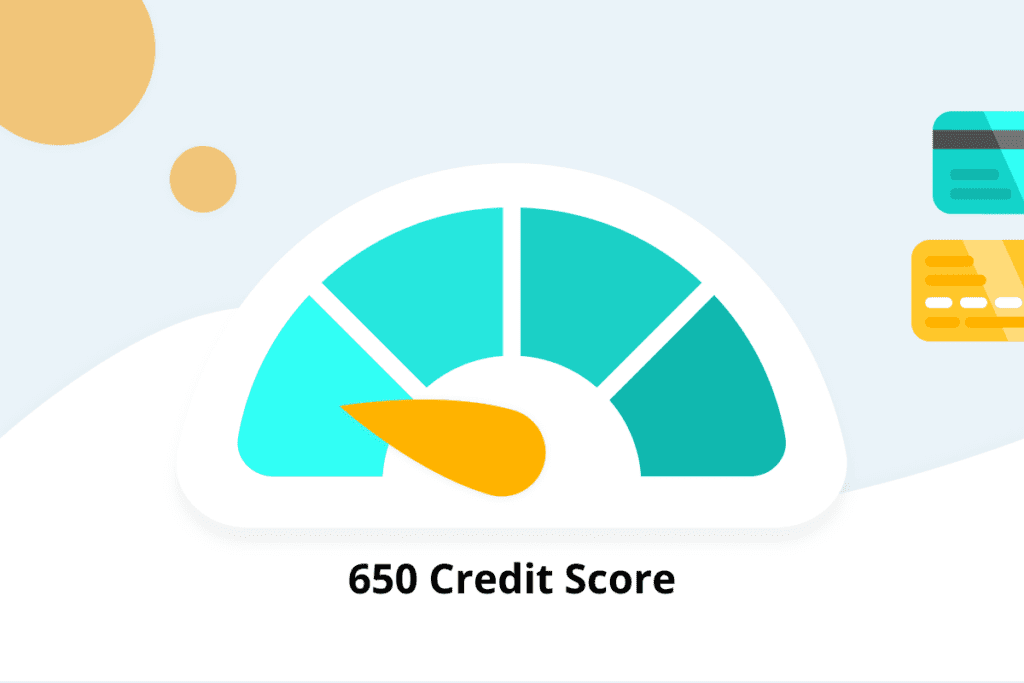
A 650 credit Score in Canada is considered below average, but it's easy to move up the ranks! A credit score is an important financial tool that measures how likely you are to repay your loans as agreed. In Canada, credit scores scale from 300 which is very poor, to 900 which is the best.
According to Equifax, one of the major credit bureaus in Canada, a 650 credit score is classified as “fair,” on a scale from “poor” to “excellent.” This is because having a 650 credit score qualifies you for most financial products but at a higher interest rate than people with a better credit score. Many financial institutions use your score to evaluate your credit risk as a borrower and decide what financial product to offer you and at what interest rate.
Of course, you won't get a premium credit card, but you can still access competitive products. It's important to understand how to calculate your credit score, the factors involved, and how to improve your 650 credit score to a good or excellent one. Stay put as we x-ray the innards of a 650 credit score.
- What Does a 650 Credit Score Mean?
- Poor Credit: 300-579
- Fair Credit: 580-669
- Good or Average Credit: 670-739
- Very Good Credit: 740-799
- Excellent Credit: 800-900
- Is 650 and Below a Bad Credit Score?
- 5 Tips to Improve Your 650 Credit Score from Fair to Excellent
- #1. Pay Your Bills on Time
- #2. Pay Your Balance in Full
- #3. Always Check Your Credit Report
- #4. Secured Credit Card
- #5. Keep Your Credit Utilization Ratio Low
- What Can You Get With a 650 Credit Score?
- #1. Getting a Credit Card With a 650 Credit Score
- #2. Getting a Personal Loan With a 650 Credit Score
- #3. Getting a Mortgage With a 650 Credit Score
- #4. Renting a Home With a 650 Credit Score
- #5. Landing a Job With a 650 Credit Score
- #6. Getting a Car Loan With a 650 Credit Score
- Conclusion
- 650 Credit Score FAQs
What Does a 650 Credit Score Mean?
Having a 650 credit score basically means you are within the acceptable boundaries of risk for lenders. As a result, you will qualify for some competitive financial products like mortgages, but likely at a higher interest rate than someone with better credit. According to Equifax, the range of credit scores from 300 to 900 is divided into five categories:
- Poor
- Fair
- Good
- Very good
- Excellent
Let's examine the ins and outs of each category, starting with the lowest.
Poor Credit: 300-579
Most lenders will not work with people who have credit scores in this range. They are considered very high-risk borrowers who are financially irresponsible in repaying their bills. They may have many many missed payments, items in collections, or owe too much debt.
Fair Credit: 580-669
A fair credit score of 650 or less is below the Canadian average credit score. Lenders will be cautious to work with you, making it more difficult to get approved loans. You may likely pay a higher interest rate and may not get the best products with premium rewards.
Read More: The Best Rewards Credit Cards in Canada for 2022
Good or Average Credit: 670-739
The average Canadian credit score is around 672, but it changes all the time and varies from province to province. If your credit score ranges from 670-739, lenders will be more open to working with you compared to someone with fair or poor credit. You will likely get better financial products at lower interest rates.
Very Good Credit: 740-799
Scores that range from 740 to 799 are considered very good. If you have a credit score within this range, you have proven to be a responsible, low-risk borrower who consistently pays your debts on time. Consequently, lenders will offer you better credit products at competitive interest rates.
Excellent Credit: 800-900
This is the top tier in the range of credit scores from 800 to 900. Customers with this kind of credit score have secured the trust of lenders, as they are faithful in repaying their loans, aren't carrying a lot of debt, and don't apply for new credit often. Lenders are more committed to working with them, offering the best credit products at the lowest rates.
Is 650 and Below a Bad Credit Score?
While a 650 credit score is below the average Canadian score, it doesn't mean all hope is lost. You might find it more difficult to get approved for better loans and credit products, but it doesn't mean you won't be approved at all.
Having a 650 credit score is not terrible. Many factors could have influenced it, such as a recent move into Canada, a past bankruptcy record, or you simply haven't had enough time to build a higher credit score. Instead of feeling bad about it, rise up and take bold steps to improve your fair credit score to an excellent one.
Read More: How to Build Credit for Beginners: Introduction to Credit Cards
5 Tips to Improve Your 650 Credit Score from Fair to Excellent
If your credit score is below average, here are a few tips to improve your 650 credit score to an excellent one.
#1. Pay Your Bills on Time
Unpaid bills or late payments will negatively affect your credit score. It reflects on your payment history, which accounts for 35% of your score, thereby showing lenders how financially irresponsible you are. Therefore, making on-time payments can help you improve your payment history, which builds your credit score. If you regularly struggle with on-time payments, you can set phone reminders to help you manage your payments, or set up automatic payments on your bank account.
#2. Pay Your Balance in Full
Paying your credit card bills in full will help improve your credit score. However, If you can't pay in full, make sure you pay the minimum required amount shown on your credit card statement. As such, it shows lenders that you're creditworthy and honour your payment obligations.
#3. Always Check Your Credit Report
Get into the habit of checking your credit report often to ensure there is no inaccurate information. Sometimes, errors can occur when lenders report information to the credit bureaus. Other times, there can be system errors that might show another person's debt or an outdated debt.
A frequent review of your report helps you rectify potential errors, if any, that can hurt your credit score and rectify it. You can check your credit report for free as many times as you want without hurting your score with a popular app like Borrowell.
#4. Secured Credit Card
A secured credit card is a good option for customers who want to improve their credit scores, but have difficulty accessing a regular credit card. You can nearly always get a secured credit card, even with bad credit, by making a cash deposit. Once you begin to use your card wisely, your payment behaviour will be sent to the credit bureaus, which will help build your credit score.
Secured credit cards are great ways to create a good payment history. You can use a secured card to improve your credit score by using a small percentage of your available credit and paying the balance off in full as soon as your statement arrives.
#5. Keep Your Credit Utilization Ratio Low
Your credit utilization compares the credit card debt you owe to the amount of available credit you have access to; ie. your balance owing divided by your credit card limit. This is the second biggest factor in calculating your credit, which accounts for 30% of your score.
Aim at keeping your ratio low because the lower your ratio, the better flexibility you have if something goes wrong. Experts advise that you maintain less than a 30% ratio, as a higher ratio can mean that you're dependent on credit. For example, if your credit card limit is $1,500, don't carry a balance of more than $500.
What Can You Get With a 650 Credit Score?
While a 650 credit score is considered fair, you can still access most financial products with it.
#1. Getting a Credit Card With a 650 Credit Score
With a 650 credit score, you'll qualify for many credit cards. Though, maybe not the best cards like premium cards with rewards, like points and cash back. For the best rewards cards, you need a good credit score.
Many credit card providers prefer to work with customers with at least 660 credit scores. Therefore, to help you choose a credit card to improve your credit, you can check out some credit card comparison tools that compile some credit cards to improve your credit score in Canada.
#2. Getting a Personal Loan With a 650 Credit Score
Your credit score is a major factor that financial institutions, like banks, consider before approving you for a loan. Your credit score determines your credit limit and the interest rates offered to you because the lower your credit score, the lower the credit limit and the higher the interest rate will be.
Therefore, with a 650 credit score, you'll likely qualify for a loan at banks but not at a lower interest rate. But if you don't want to go to the bank, you can consider other options like bad credit or alternative lenders. They offer you more competitive loans but are subject to higher interest rates.
#3. Getting a Mortgage With a 650 Credit Score
Most traditional banks will require customers to have a credit score around 680 to qualify for a mortgage. If your credit score is 650, you might qualify for a mortgage but at a higher interest rate. Similarly, alternative lenders will offer you a mortgage at a higher interest rate and may even require collateral or a co-signer.
Read More: Why Subprime Mortgages are Popular in Canada
#4. Renting a Home With a 650 Credit Score
Your credit score is a major factor some landlords consider before they will rent to you. They use it to evaluate your creditworthiness and determine if you qualify for the rent payment.
In a competitive market, renters with high credit scores may have an advantage over those with low credit scores.
#5. Landing a Job With a 650 Credit Score
While applying for a civil service job or a position in the financial service industry, potential employers may use your credit score. They use it to evaluate your sense of financial responsibility and risk of misconduct to determine whether or not to hire you. Employers may consider applicants with fair credit scores, but those with higher credit scores stand a better chance of securing the job over those with bad or fair scores.
#6. Getting a Car Loan With a 650 Credit Score
In Canada, the minimum credit score required for a car loan is between 630 to 650. So, with a 650 credit score, you can easily qualify for a car loan because the car itself serves as collateral for the lender. If renting a car with a debit card instead of a credit card, the rental company might request your credit history to evaluate and determine your credit rating.
Conclusion
A 650 credit score is not the worst score in Canada, and it falls within the fair range of credit which is below the average score. Therefore having a 650 credit score isn't the end of the world for you. You can still qualify for many credit opportunities, though not the best ones. To qualify for better lending options at lower rates, focus on improving your credit score.
650 Credit Score FAQs
A 650 credit score is a three-digit number between 580 to 669, showing that you're within the fair boundaries of credit. In other words, you're below the Canadian average credit score but not a high-risk borrower.
With a 650 credit score, you might qualify for a mortgage at a traditional bank, but at a higher interest rate and stricter terms. Other options like alternative lenders can also offer you a mortgage at a higher interest rate and may even require other collateral or a co-signer.
In Canada, there's no particular credit score for renting, meaning you can technically rent an apartment with a 650 credit score. However, landlords prefer renters with higher credit scores to minimize credit risk.
The minimum credit score for securing a car loan in Canada is between 630 to 650. So with a 650 credit score, you qualify for a car loan at a reasonable interest rate.
With a 650 credit score, you can lease a car in Canada, depending on the dealership. However, the good news is that there's no specific credit requirement for leasing a car in Canada. So, Whether you have a 700 credit score or it's below 600, you should be able to lease a car depending on the provider.


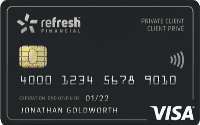
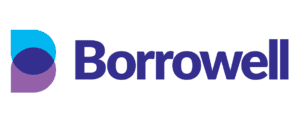

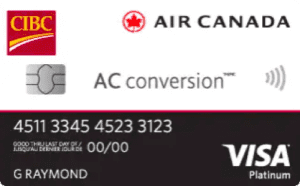






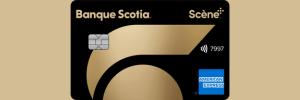





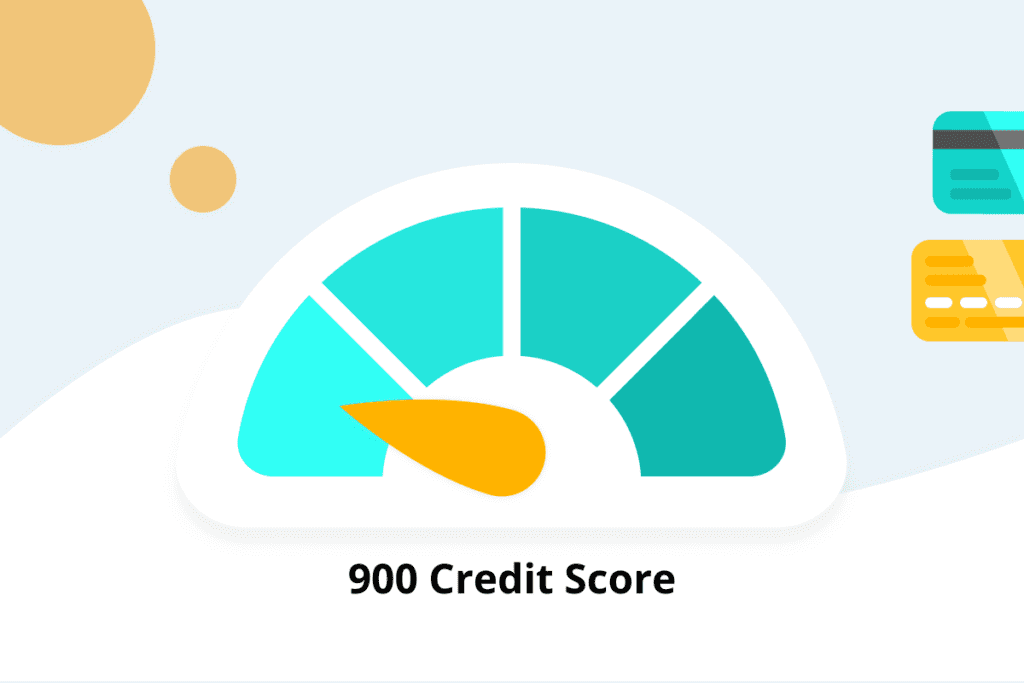


About The Author: Arthur Dubois
Passionate about personal finance and financial technology, Arthur Dubois is a writer and SEO specialist at Hardbacon. Since his arrival in Canada, he’s built his credit score from nothing.
Arthur invests in the stock market but doesn’t pay any fees because he uses National Bank Direct Brokerage online broker and Wealthsimple’s robo-advisor. He pays for his subscriptions online with his KOHO prepaid card, and uses his Tangerine credit card for most of his in-store purchases. When he buys bitcoins, it’s with the BitBuy online platform. Of course it goes without saying that he uses the Hardbacon app so that he can manage all of his finances from one convenient place.
More posts by Arthur Dubois